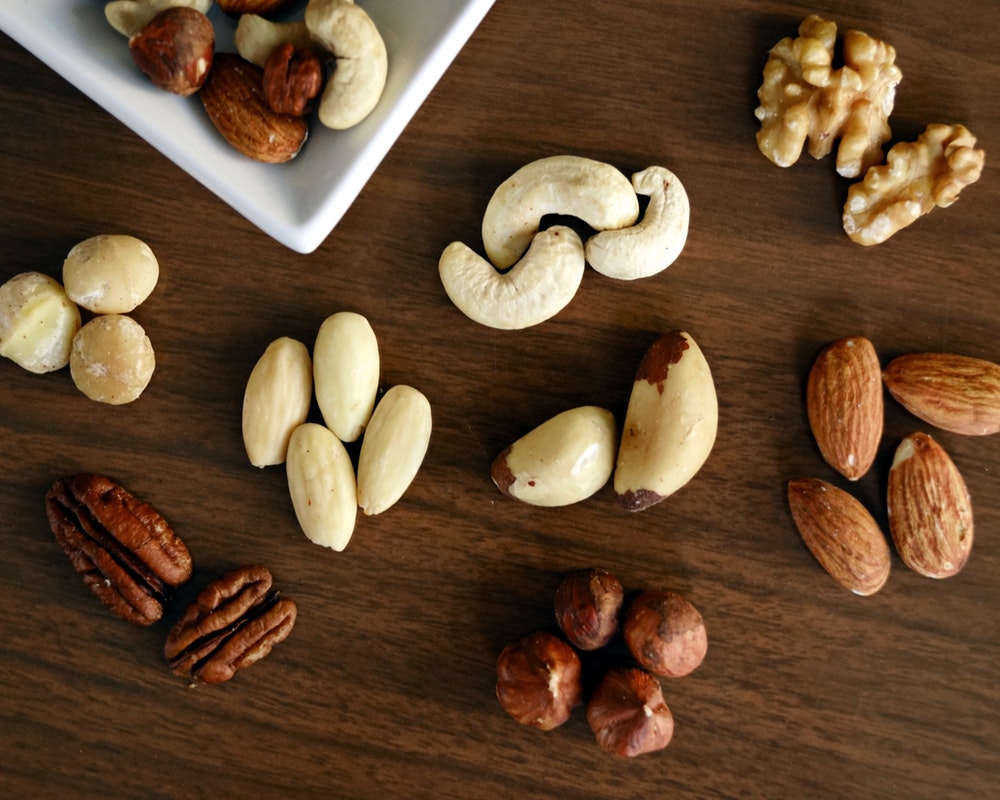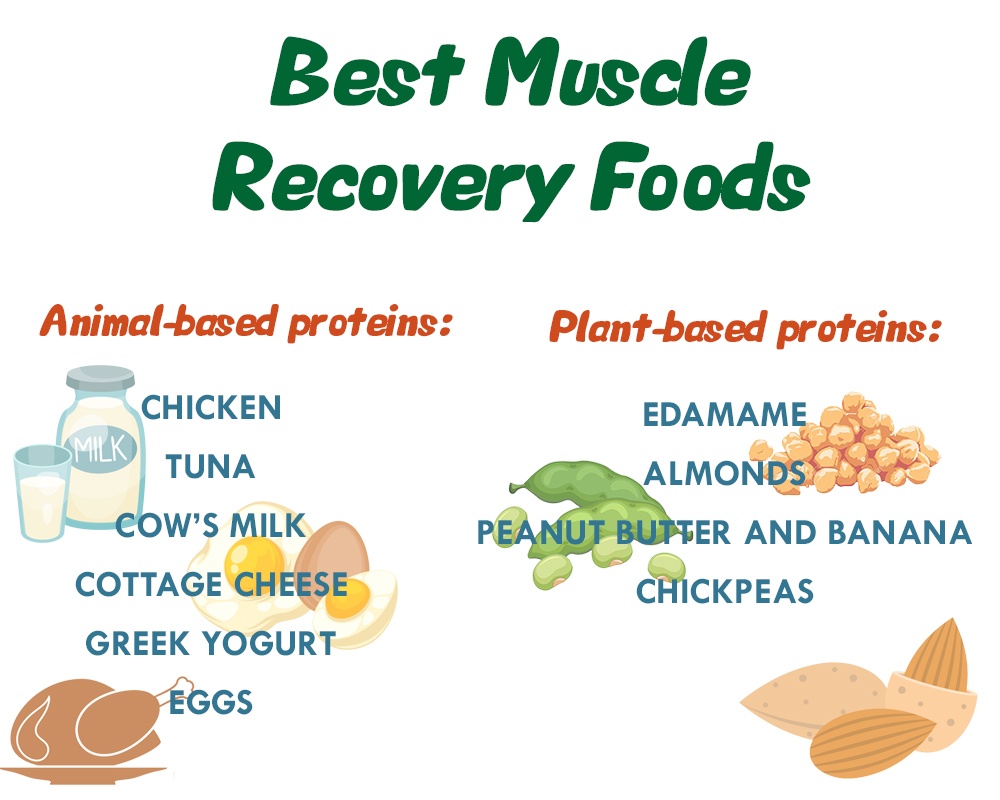
Muscle recovery is very important for muscle development and growth. It is an integral part of our lives as they are the means by which muscles grow and develop following a high impact workout or exercise routine. Muscle loss is brought about by other factors such as injuries and prolonged inactivity. The average protein intake required for sedentary people would be around .8 grams of protein per kilogram of weight but with increased activity, this value should obviously be increased. In addition to the quantity of protein intake, individuals who want to achieve muscle recovery must also take into consideration the quality of protein in their foods they consume. It is then important to know what are some of the best available muscle recovery foods for individuals seeking to enhance muscle repair and development.
What is in a muscle?
Before we look into the most popular foods for muscle repair, it is important to define what a muscle is and what is in it that makes it so special. Basically, muscle is made up of soft tissue which contains protein filaments that can slide, contract and change lengths to produce the desired motion and force. In short, muscles are essential in movement and the body’s capability to exert energy. Muscles that are well developed then, can have a wider range of movements and can provide more energy outputs for activities that need to be accomplished
Best Muscle Recovery Foods
With the aforementioned importance and significance of the role of muscles in the day to day activities of individuals, it comes as no surprise then, that people want to boost their muscle growth and development. Listed below are some of the most popular food choices for muscle recovery and they have been classified as either animal based protein or plant-based protein
Animal-based proteins
-
Chicken
Chicken has been widely regarded as one of the best sources of protein for muscle recovery. Consuming three (3) ounces of skinless chicken meat can already yield twenty-eight (28) grams of protein. Chicken meat is also undeniably tasty and can be used in a multitude of recipes to enhance the variety of meals and foods consumed for muscle recovery.
-
Tuna
Coined as the healthy meat from the seas, tuna can give individuals around twenty-two (22) grams of protein per three (3) ounces. Tuna has also been considered ideal protein boosters as they are extremely convenient packed or canned. This muscle recovery food is actually packed with another nutritious component which is omega 3 fatty acids. Omega 3 Fatty acids aid in decreasing inflammation and helps the body recover faster after a workout session.
-
Cow’s Milk
Vegans may cringe at the thought of cow’s milk resorting instead to soy milk as a substitute. Regular Cow’s milk, however, can provide a balanced muscle recovery food that can give the body around eight (8) grams of protein per cup. Its natural carb content aids in muscle recovery but the other nutritious elements found in cow’s milk such as whey and casein has other health benefits when consumed. Both whey and casein can aid the body in muscle repair and protein synthesis.
-
Cottage Cheese
Since cottage cheese comes from milk, the muscle recovery properties of cottage cheese are obviously similar to that of the Cow’s Milk. Cottage cheese can provide individuals that much needed muscle recovery factor at fourteen (14) grams of protein per ½ cup of cheese. It also offers a different kind of flavor and texture to cow’s milk and is actually a tasty addition to any meal or recipe.
-
Greek Yogurt
Compared to regular yogurt, Greek yogurt has more protein and therefore better muscle recovery properties. One (1) cup of nonfat Greek yogurt can provide up to eleven (11) grams of protein which can greatly help in the muscle recovery process. People planning to utilize greek yogurt to repair and recover muscles should be careful in using other flavored greek yogurt variants as these may contain more sugar than their regular counterparts resulting in higher caloric intake and possible weight gain in the long run.
-
Eggs
Well-cooked egg whites is an important muscle recovery food item. A medium-sized egg can provide around six (6) grams of that much-needed protein. Eggs are also quite delicious and versatile and can be prepared in a variety of different ways.
Plant-based proteins
-
Edamame
This protein-rich food item can offer both protein and carbohydrates which aid in muscle recovery and repair. A half cup of edamame can provide around nine (9) grams of protein and seven (7) grams of carbohydrates. This is a great way for vegans to actually get enough protein despite limited access to animal based protein.
-
Almonds
One serving size of almonds amounting to around twenty three (23) nuts, can give individuals six (6) grams of protein. Similar to tuna, almonds can also provide omega 3 fatty acids which can help the body’s anti-inflammatory response. Almonds can be prepared on their own, mixed into main meal courses, added into desserts or taken as candy alternative for those post workout food cravings.
-
Peanut butter and banana
This particular muscle recovery food group can brighten up someone’s day and put a smile on people’s faces. Peanut butter may have high calorie and fat content. But it can deliver the protein necessary to help in muscle recovery. Providing around eight (8) grams of protein per two (2) tablespoons, this convenient food combination can be considered a muscle recovery powerhouse. With its added potassium, it helps in retaining electrolytes lost through perspiration and dehydration.
-
Chickpeas
Also called garbanzo beans, these beans are protein packed at twenty (20) grams of protein per ½ cup. Chickpeas also provide significant amounts of fiber. You can enjoy it on its own or mixed into some hummus to pair with pita or bread.
